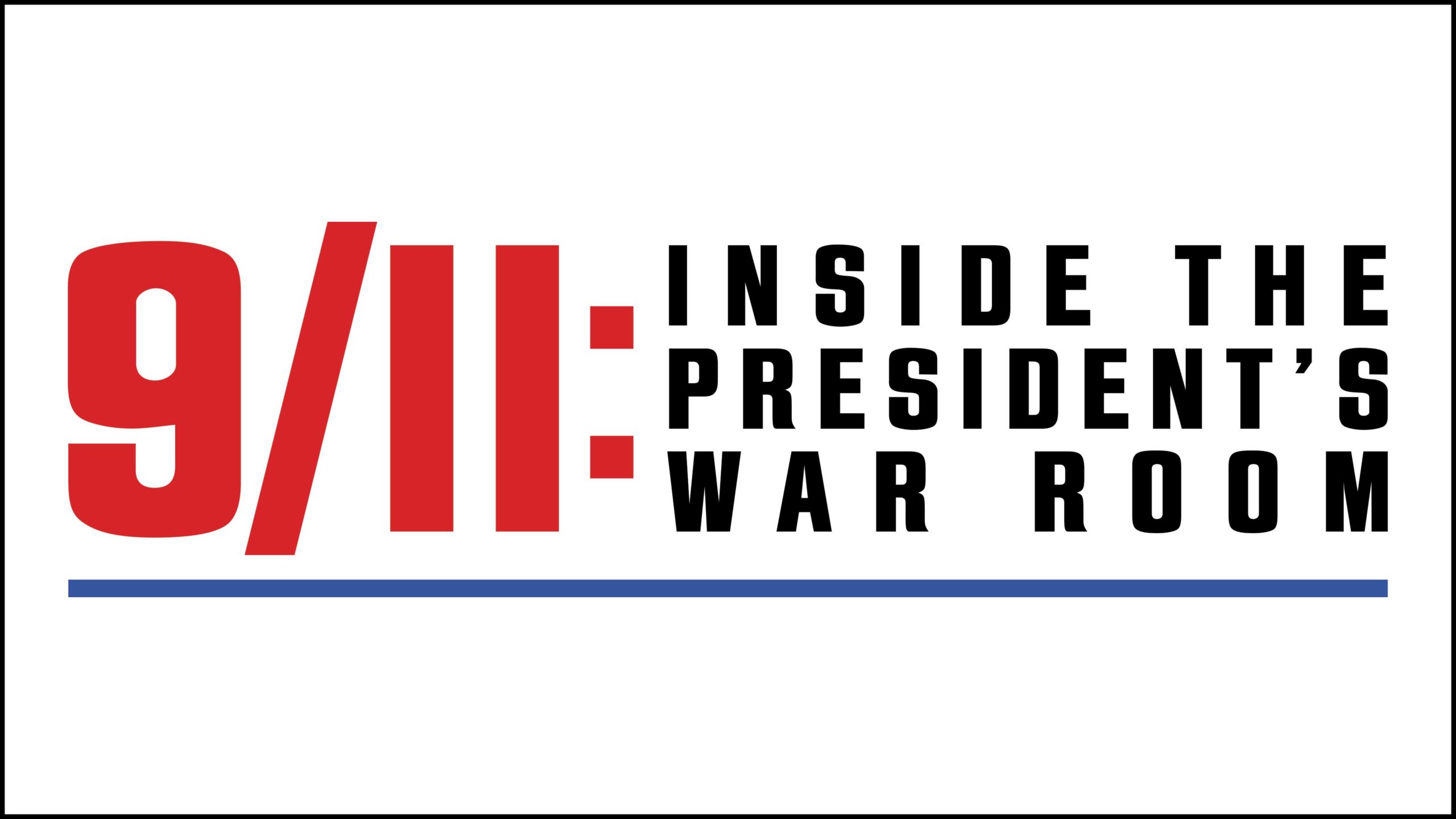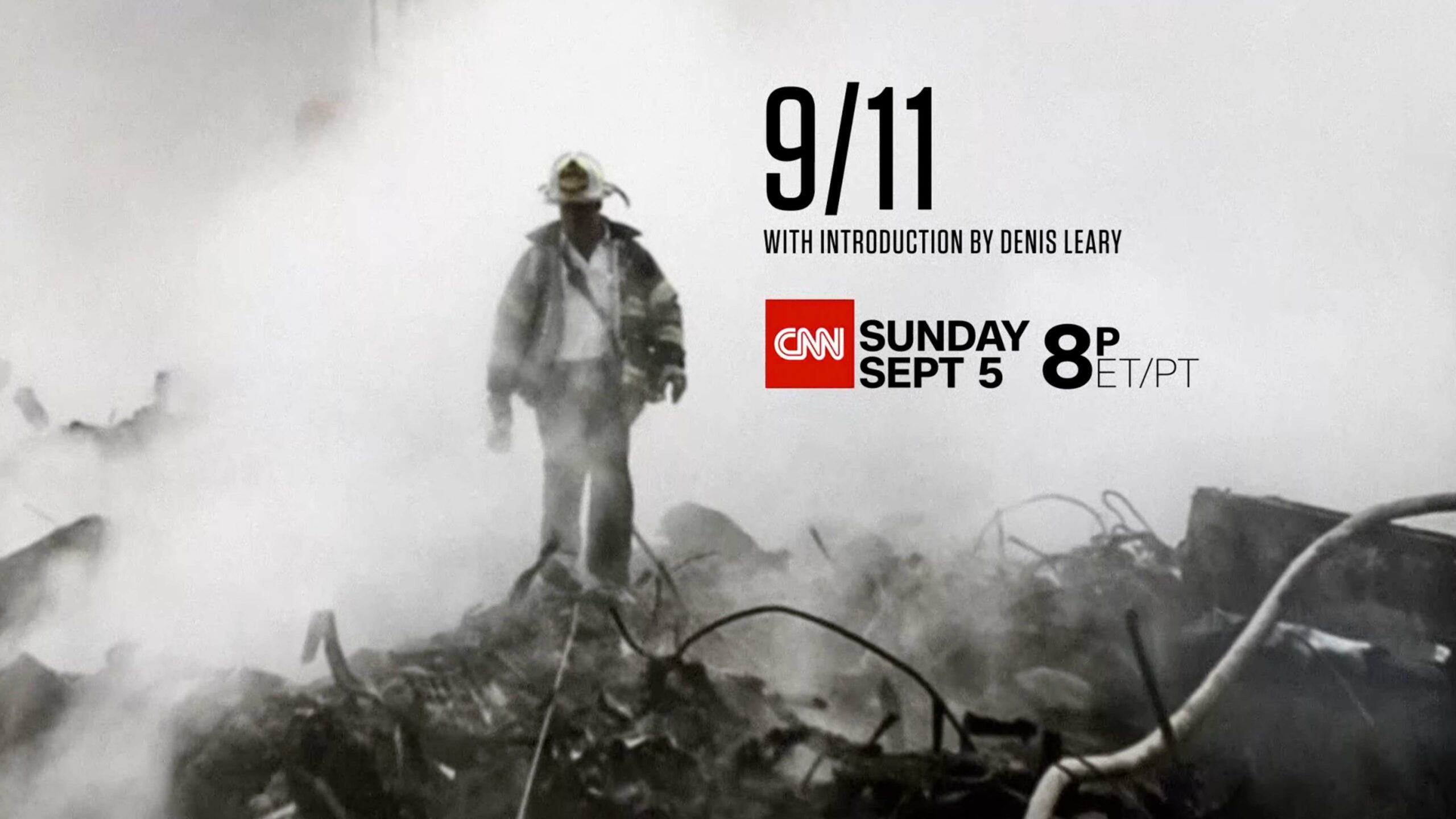
Written by Rick B. Larsen
September 10, 2021
A debate among historians has to do with history vs. memory. The anniversary of historically significant events brings renewed relevance to this academic but important discussion.
As we reflect upon September 11, 2001, consider the history and the memory of the day. Both are important – and combined, they argue that we as grateful Americans must do a better job of teaching our past to the future citizens of this Republic.
The history of 9/11 has its facts – the specific and often gruesome details based on research, timelines, and impersonal statistics.
The memory of 9/11 goes far beyond. Those of us who remember that day know it was much more than the facts and details. In addition to recalling what we were doing, we remember how we felt and who we lost.
But that will not always be the case.
Like the veterans of past conflicts, those who lived and remember the experience will, in time, leave us. (Worth noting: In 2018, the last NYC firefighter to respond to the World Trade Center retired.)
For this reason, I encourage each of us to spend the time to both commemorate and remember.
It matters that we as Americans see value in both our history and our memories. It’s critical to a reunification of this nation that we know what happened – and that we also remember why it happened and how it made us feel.
Today, we are having a little trouble with the sequencing of history and memory. As historian David W. Blight put it:
Memory is often owned, history interpreted. Memory is passed down through generations; history is revised. Memory often coalesces in objects, sites, and monuments; history seeks to understand contexts in all their complexity. History asserts the authority of academic training and canons of evidence; memory carries the often more immediate authority of community membership and experience.
This dual lens may explain why it’s so difficult to teach history in our public schools. It’s not easy. Fact and feeling can, over time, blend and change and contradict. We must look at our failures along with our victories. The process – done right – requires humility, respect and context.
We each have our own process – our own lens or even lenses – by which we assign meaning to the past. Whether those lenses originate in religion, or race, or ideology, we today have “versions” of history. But somewhere, amid the accumulation of all that has come before – there is what happened, and there is what it means to us.
9/11 can be a touchstone for how this blend of fact and meaning is properly applied.
Sutherland recommends two documentaries this year for reflection. Both offer fact and feeling in exceptional ways – through the eyes of those who lived the experience. They artfully present history, memory and meaning.
God bless those who serve others; who throughout our shared history have run toward the battle, and who more than self their neighbors – their city – their country – loved. We can remember them – imperfections and all – and honor them and learn from them.
More Insights
Read More
Ignoring the text of the Constitution is a mistake
A written Constitution is entirely superfluous if the document is simply meant to give the people what they want.
What you need to know about election integrity
It should be easy to vote and hard to cheat. This oft-quoted phrase has been articulated as a guiding principle by many elected officials wading into voting and election policy debates in recent years. So why has this issue been so contentious, and what’s the solution?
How transparent are school districts about curriculum?
Utah districts don’t need to wait for legislation to be transparent – many have sought to be transparent on their own. District leaders interested in this reform can do several things right away.




